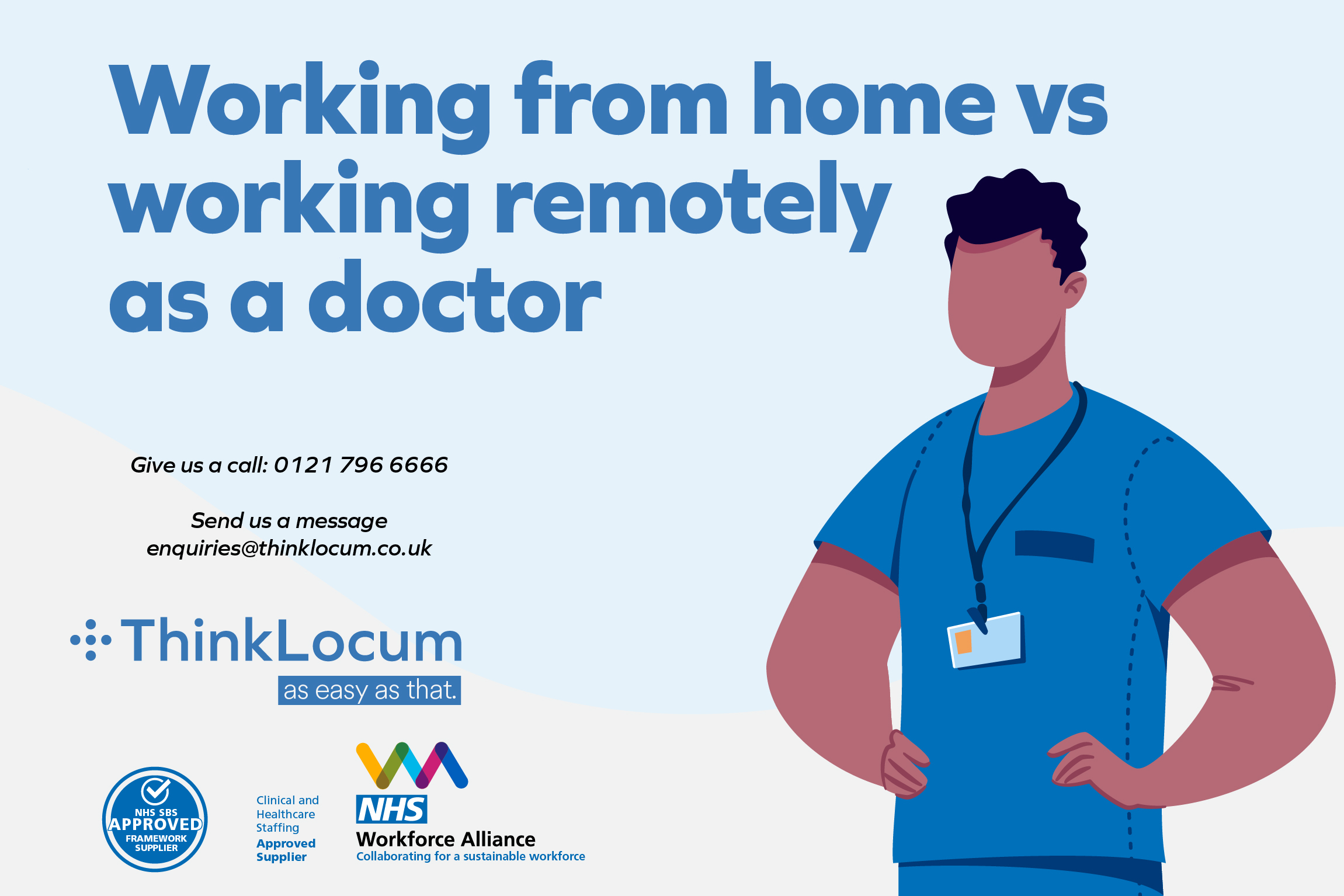
In recent times, the concept of remote work has gained significant traction across various professions, including healthcare. As doctors, the option to work from home or work remotely has become more feasible, thanks to advancements in technology. This article delves into the key differences between working from home and working remotely as a doctor, highlighting the benefits and challenges of each approach. By understanding the nuances of these work arrangements, medical professionals can find the optimal balance between patient care and the flexibility that remote work provides.
Working from home as a doctor involves conducting patient consultations and managing administrative tasks from a designated home office. This arrangement offers several advantages, such as:
a) Flexibility: Doctors can design their work schedules to align with personal commitments, allowing for a healthier work-life balance.
b) Reduced Commute: Eliminating the need for commuting to a physical clinic reduces stress and saves valuable time, which can be redirected towards patient care or personal activities.
c) Minimized Exposure to Illness: By limiting direct contact with patients in a clinical setting, doctors can reduce the risk of exposure to contagious illnesses, benefiting both their health and that of their families.
a) Limited Physical Examination: Remote consultations often rely on video calls or telemedicine platforms, limiting the doctor's ability to conduct physical examinations, which are vital for accurate diagnosis and treatment.
b) Potential Distractions: Home environments may present distractions that can hinder focus and productivity. Establishing a separate workspace and minimizing interruptions are crucial for maintaining professional standards.
Working remotely as a doctor involves practicing medicine from any location outside a traditional clinical setting. Here are some advantages of this approach:
a) Geographic Freedom: Doctors can work from anywhere, providing healthcare access to underserved areas or even engaging in international medical missions.
b) Collaboration and Second Opinions: Remote work facilitates seamless collaboration with colleagues, allowing for quick access to expert advice and second opinions on complex cases.
c) Enhanced Efficiency: By utilizing digital health platforms, remote doctors can streamline administrative tasks, access patient records, and communicate effectively, leading to improved efficiency in healthcare delivery.
a) Technological Limitations: Reliability of internet connectivity and availability of suitable technology can impact the quality of remote consultations, potentially affecting patient care.
b) Licensing and Regulatory Considerations: Doctors must ensure compliance with licensing and regulatory requirements in the jurisdictions they serve, which may involve navigating complex legal frameworks.
To strike the right balance between working from home and working remotely, doctors can consider the following strategies:
a) Hybrid Approach: Blend the advantages of working from home and working remotely by alternating between both arrangements, depending on the nature of patient consultations and personal circumstances.
b) Ensuring Patient Safety: Prioritize patient safety by leveraging telemedicine platforms that offer secure and HIPAA-compliant communication channels to protect patient privacy.
c) Continuous Professional Development: Stay updated with advancements in telemedicine technology and seek professional development opportunities to enhance remote diagnostic and treatment capabilities.
Working from home and working remotely as a doctor has transformed the traditional practice of medicine, offering flexibility and new opportunities. While each approach has its advantages and challenges, finding the right balance is crucial. By considering the needs of patients, maintaining professional standards, and utilizing appropriate technology, doctors can embrace the benefits of remote work while delivering high-quality healthcare. Ultimately, the choice between working from home and working remotely rests with the individual physician, who can adapt these models to suit their unique circumstances and provide excellent patient care in the evolving landscape of modern medicine.
Looking to switch to locum work? Get in touch with us today!
We've got more informative and insightful resources for you on the ThinkLocum blog.